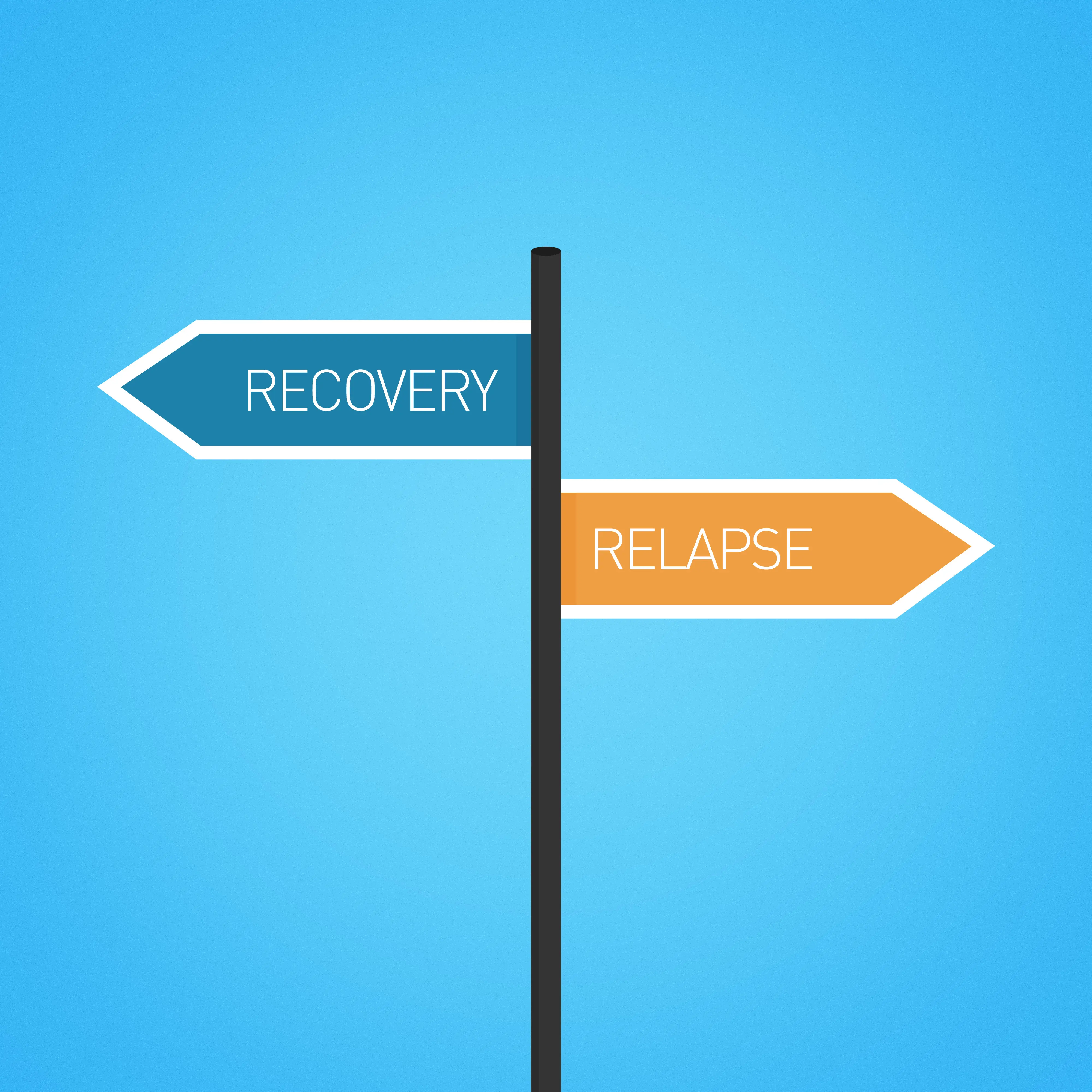Your cart is currently empty!

Relapse is a common concern for individuals who struggle with mental health disorders.

Relapse is a common concern for individuals who struggle with mental health disorders. Whether it’s depression, anxiety, substance abuse, or any other mental health issue, relapse can be a setback in your recovery journey. However, by developing a relapse prevention plan, you can proactively identify and address triggers and warning signs before they lead to a full-blown relapse. This blog post will provide a detailed and hands-on guide to creating a relapse prevention plan for mental health.
Understanding Your Triggersand Warning Signs
Identifying triggers and warning signs. Triggers are situations, events, or emotions that may lead to a relapse. Warning signs are the early signs that a relapse may be on the horizon. You notice these physical, emotional, or behavioral changes in yourself.
Reflect on your past experiences with relapse. What were the circumstances that led up to it? What were the warning signs that you ignored or didn’t recognize? What did you learn from that experience?
Keep a journal to track your moods, thoughts, and behaviors. This can help you identify patterns and recognize when you are starting to experience warning signs.
Develop Coping Strategies
Once you have identified your triggers and warning signs, the next step is developing coping strategies to help you manage them.
Coping strategies can include anything that helps you manage stress and maintain your mental health. This can include:
- Mindfulness practices like meditation, deep breathing, or yoga
- Exercise and physical activity
- Relaxation techniques like taking a bath, listening to music, or reading a book
- Positive self-talk and affirmations
- Seeking support from friends, family, or a therapist
- Avoiding situations or people that trigger negative emotions or thoughts
- Engaging in hobbies or activities that bring you joy
Find coping strategies that work for you and incorporate them into your daily routine.
Build a Support System
Having a solid support system can be crucial in preventing relapse. This can include family members, friends, peers, support groups, and mental health professionals. Having people who understand what you are going through and can provide emotional support and encouragement can make all the difference.
Communicate your needs and boundaries with your support system. Let them know what kind of support you need and what you don’t. This can help prevent misunderstandings and ensure that you get the kind of support most helpful for you.
Set Realistic Goals
Setting realistic goals for yourself can help you stay on track and prevent relapse. These goals can be small or large, short-term or long-term, and related to any aspect of your life. Some examples include:
- Setting a regular sleep schedule and sticking to it
- Making time for self-care activities each day
- Setting boundaries with toxic people or situations
- Setting achievable work or academic goals
- Making time for social activities with supportive friends or family members
- Prioritizing healthy eating and exercise habits
- Setting goals related to your mental health, such as attending therapy sessions or practicing mindfulness techniques regularly
Set goals that are achievable, realistic, and aligned with your values and priorities.
Monitor Your Progress
Regularly monitoring your progress can help you stay on track and catch warning signs before they lead to a relapse. This can involve tracking your moods, behaviors, and progress toward your goals. It can also involve regularly checking in with your support system and mental health professionals.
If you notice that you are struggling or experiencing warning signs, don’t hesitate to reach out for help
his could include scheduling an appointment with your therapist or mental health provider, contacting a support group, or confiding in a trusted friend or family member.
Create a Crisis Plan
Even with the best prevention strategies in place, it’s possible that a crisis or relapse could occur. That’s why it’s essential to have a crisis plan in place. This plan should outline what steps you will take if you experience a relapse, including:
- Who will you contact for support (e.g., therapist, doctor, family member)
- What actions will you take to keep yourself safe (e.g., avoiding drugs or alcohol, staying away from triggering situations or people)
- What medications or treatments may you need
- What emergency resources are available to you (e.g., crisis hotlines, hospitalization)
Share your crisis plan with your support system so they know what to do in an emergency.
Practice Self-Compassion
Practice self-compassion throughout your recovery journey. Recovery is not always a linear process, and setbacks can happen. It’s important to be kind to yourself and remember that relapse does not mean failure. It’s an opportunity to learn, grow, and recommit to your recovery journey.
In conclusion, developing a relapse prevention plan can be a powerful tool in managing your mental health and preventing setbacks in your recovery journey. By understanding your triggers and warning signs, developing coping strategies, building a support system, setting realistic goals, monitoring your progress, creating a crisis plan, and practicing self-compassion, you can take control of your mental health and live a fulfilling life. Remember, you are not alone in this journey; help is always available.





Leave a Reply